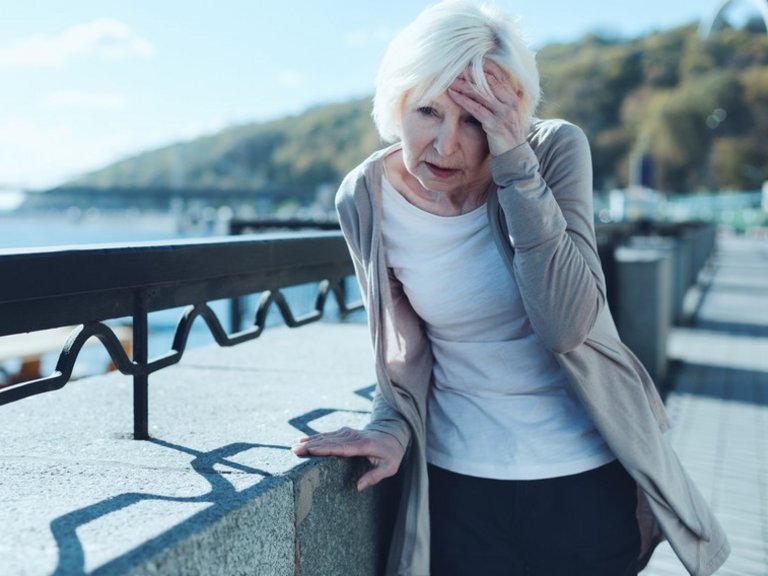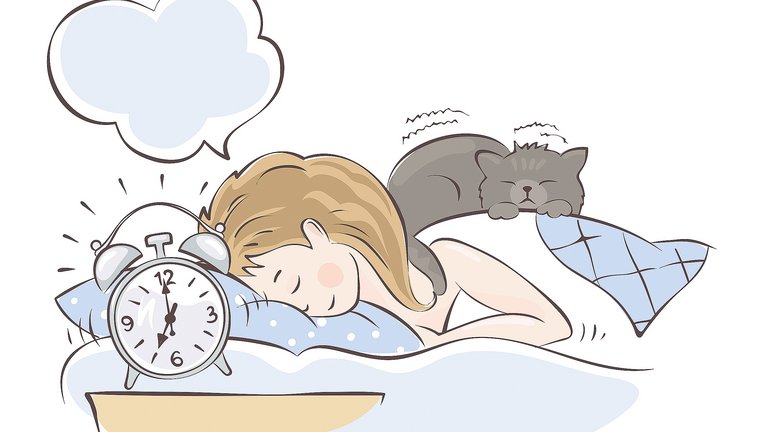Take care of yourself to reduce the risk of falls
Worldwide, more than 37 million falls require medical attention in each year. People over the age of 65 experience most severe falls.1 Falls are often caused by a combination of risk factors such as weak muscles, poor balance, dizziness or lightheadedness, vision and hearing problems, to only name a few.
Fall prevention is about identifying the risk and, if possible, taking steps to reduce it.
Be sure to follow the safety instructions in the clinics. You can also rearrange your home to minimize many of the risks that can lead to falls. You should always talk to your care team to find the best possible solution for your individual needs.
How can you prevent falls at home?
Modify your home
Adjusting your home environment helps you to prevent possible falls and to have a secured everyday life. With a few adaptations you can make your home safer.
Eliminate uneven carpets, slippery tiles and objects on the floor
Keep everyday objects within easy reach
Install grab rails or safety rails in your bathroom or toilet
Be careful when getting up - stand up slowly or wait for help
Wear comfortable clothing that does not restrict your movement
Make sure your footwear fits well, is closed and non-slip
Poor vision is not only a risk factor for stumbling, but also limits the ability to perform everyday tasks.
Therefore, have your eyes checked at least once a year. Look out for small changes in your vision, such as cloudy vision or watery eyes - report any changes to your care team immediately. Adapt to your visual difficulties at home by turning on extra lights and making the edges of steps clearly visible.



